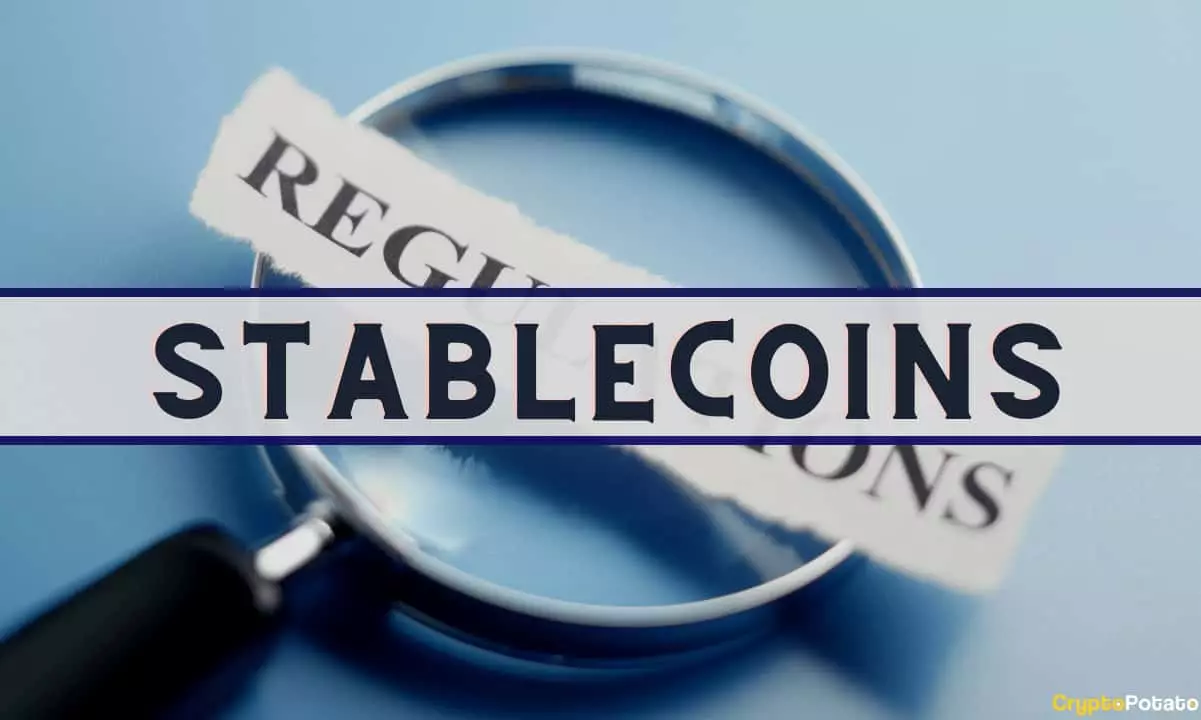The House Financial Services Committee (HFSC) faced obstacles in reaching an agreement for stablecoin legislation on Thursday. The failure was primarily due to disagreements between Democrats and the existing text of the bill. Committee Chair Patrick McHenry (R-NC) blamed the White House for the delay, suggesting that the administration’s unwillingness to compromise had brought negotiations to a halt. Meanwhile, Democrats alleged that Republicans were rushing incomplete legislation.
Clarity for Payment Stablecoins Act of 2023
The failed bill, known as the Clarity for Payment Stablecoins Act of 2023, aimed to grant the Federal Reserve the authority to establish requirements for stablecoin issuers. However, it also aimed to retain the autonomy of state-level payment stablecoin regulators while outlining additional requirements. McHenry expressed disappointment in the inability to secure a bipartisan deal, despite being “closer than we’d ever been.” He did not specify the exact objections raised by the Biden administration.
Democrats Criticize Flaws in the Bill
Maxine Waters (D-CA), the ranking member of the committee, criticized McHenry’s “impatience” for pushing forward with a bill she deemed “deeply flawed.” Waters argued that the bill lacked support from both the Treasury Department and the Federal Reserve. She raised concerns about the excessive authority granted to states in expanding the number of eligible reserve assets for backing stablecoins, which could jeopardize token holders. Additionally, Waters warned about the potential for tech giants to issue their own stablecoins, drawing parallels with Facebook’s failed stablecoin project, Diem. She questioned the rush to pass the bill at this particular time, emphasizing the need for a truly bipartisan solution.
In contrast to the stalled stablecoin legislation, the committee managed to secure bipartisan approval for the Financial Innovation and Technology for the 21st Century Act. The bill received support from all Republicans on the committee, as well as six Democrats. This legislation clarifies the regulatory authority over cryptocurrencies and affirms that a crypto asset may be issued in a securities transaction without being classified as a security itself. While critics like Brad Sherman (D-CA) believed the bill favored the crypto industry too much, Congressman Ritchie Torres (D-NY) acknowledged its significance in establishing much-needed clarity.
Although both bills faced challenges and criticisms, they represent important steps toward regulating the cryptocurrency industry. The stablecoin legislation may need further refinement to address concerns regarding state authority and potential risks for token holders. On the other hand, the approval of the Financial Innovation and Technology for the 21st Century Act demonstrates a growing recognition of the need for clear regulations in the crypto sector. While these bills are not perfect, they showcase efforts to bridge the existing regulatory gaps and establish a more transparent framework for cryptocurrencies.
In the dynamic and rapidly evolving world of digital assets, it is essential for policymakers to strike a balance between innovation and investor protection. As the debates continue, stakeholders must engage in constructive dialogue to craft legislation that fosters growth while minimizing potential risks. With improved collaboration and a shared commitment to finding common ground, lawmakers can establish a regulatory environment that supports innovation and ensures the stability and security of the cryptocurrency ecosystem.

